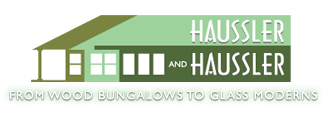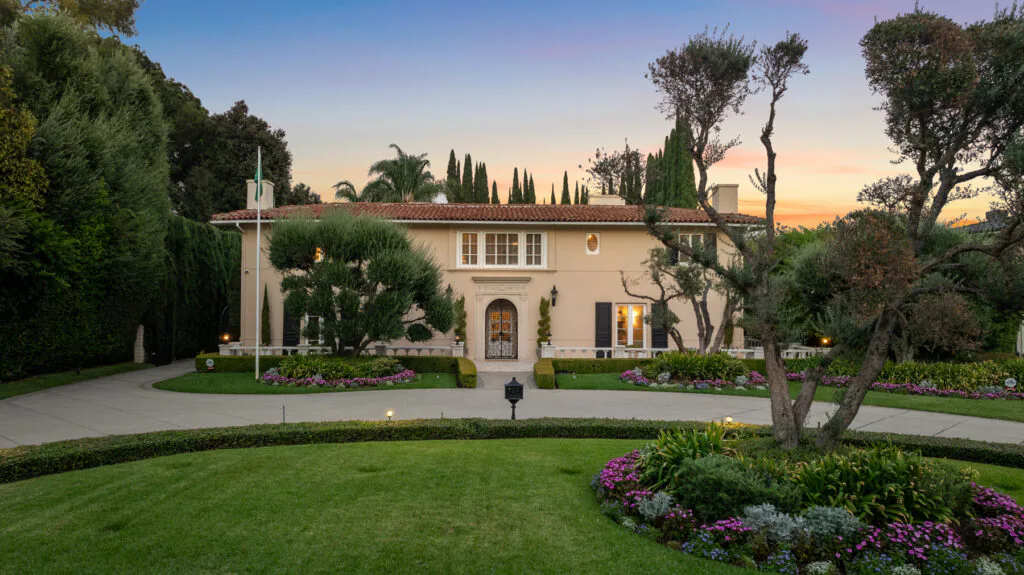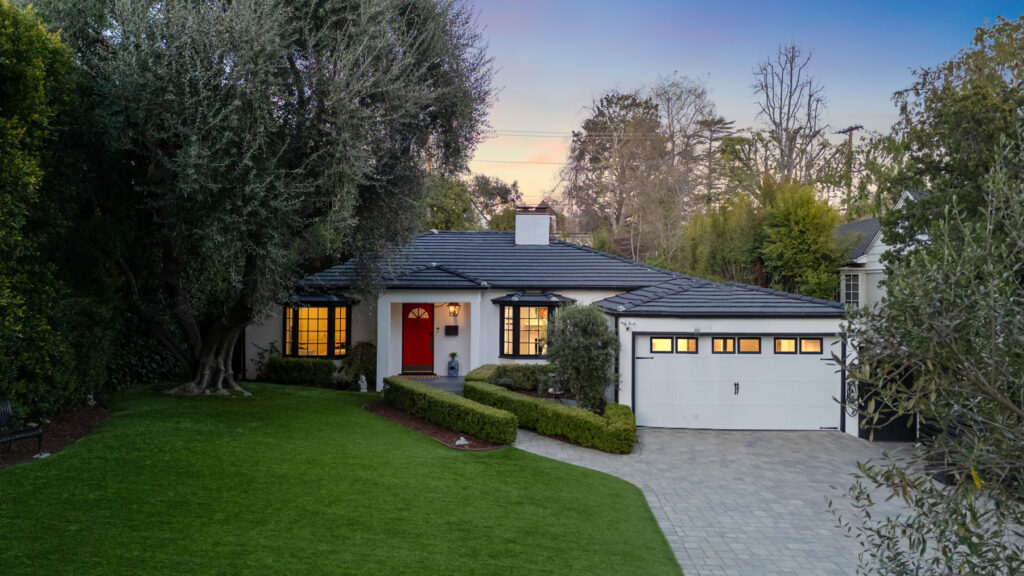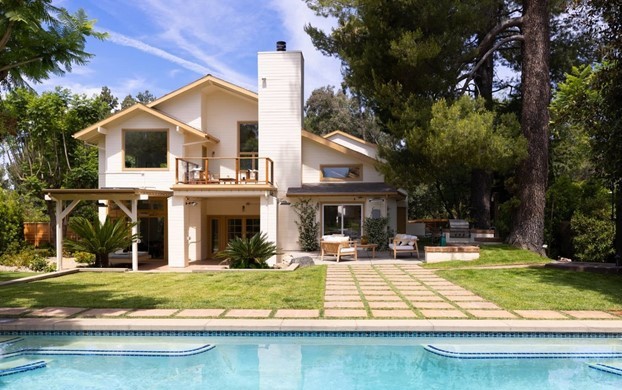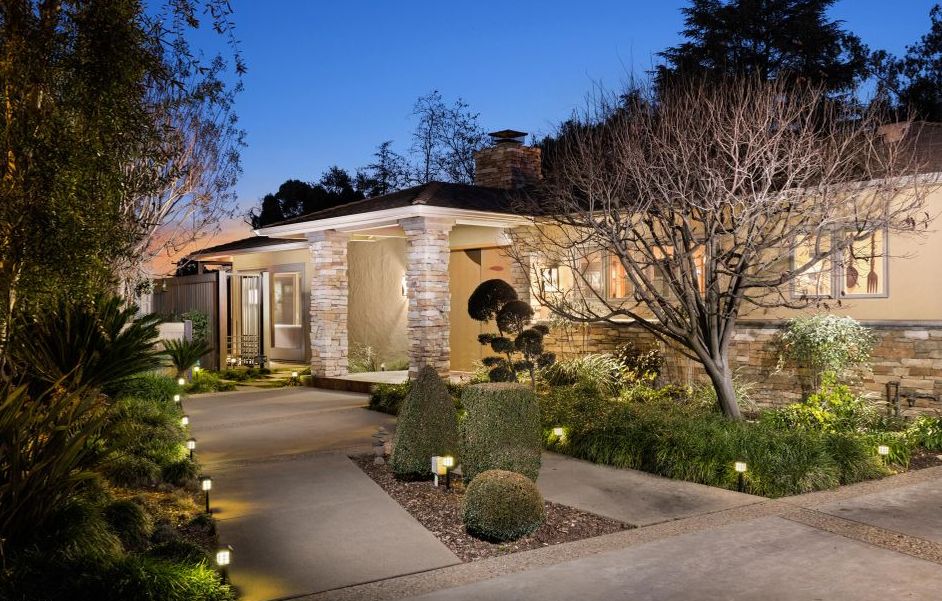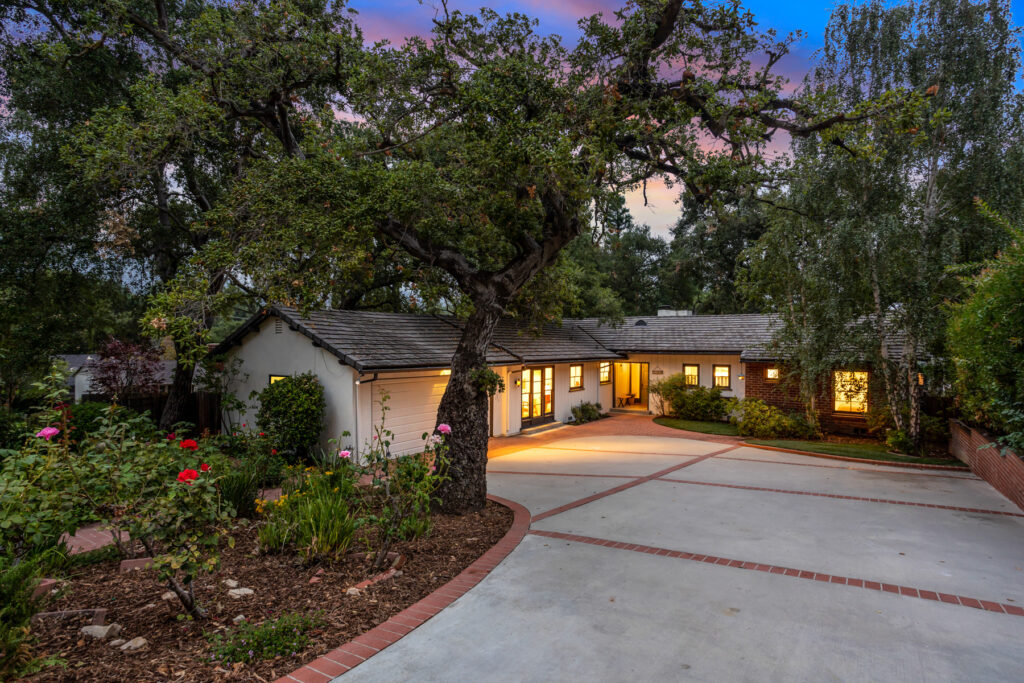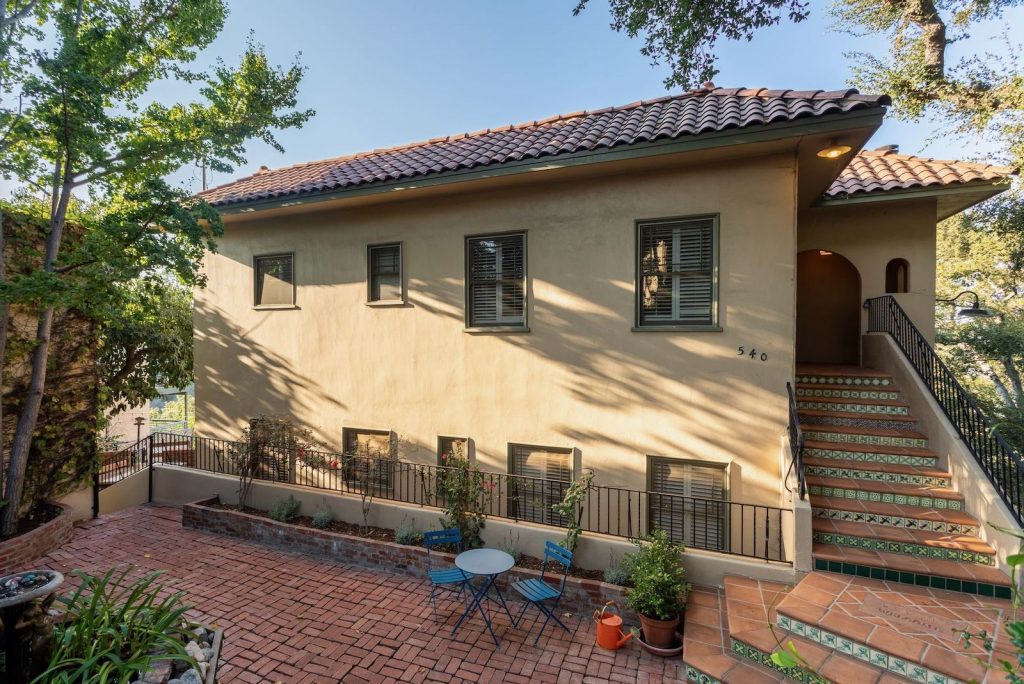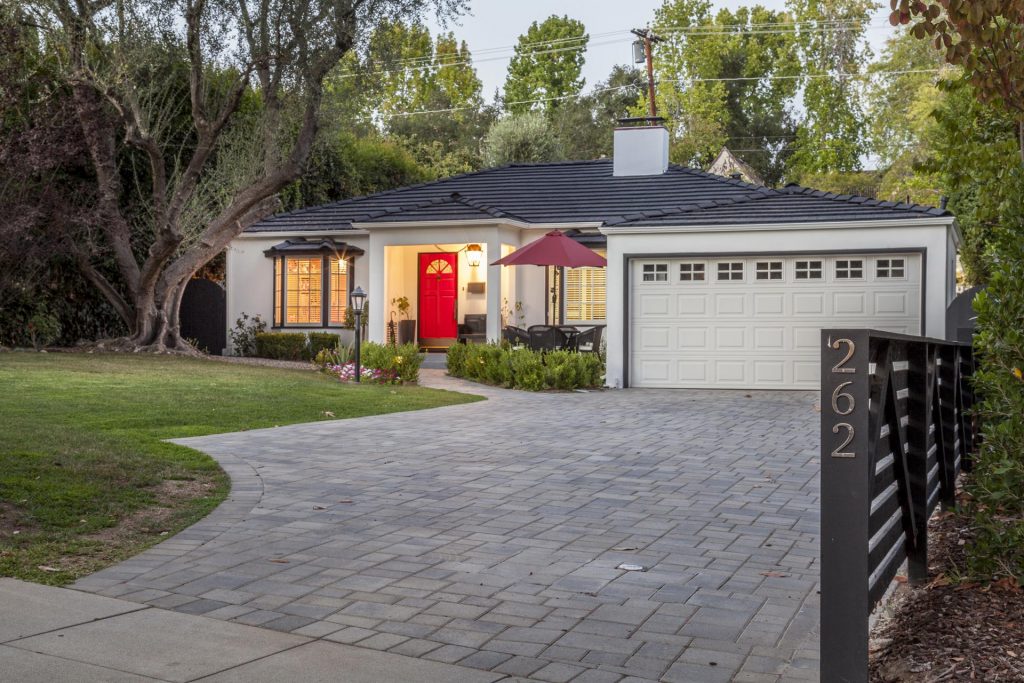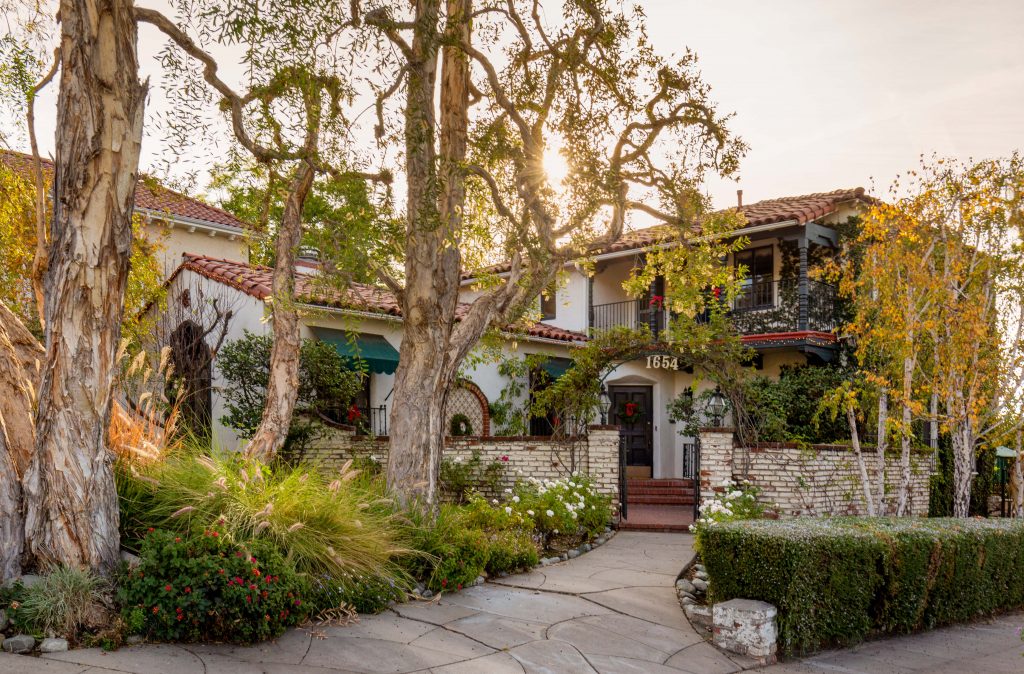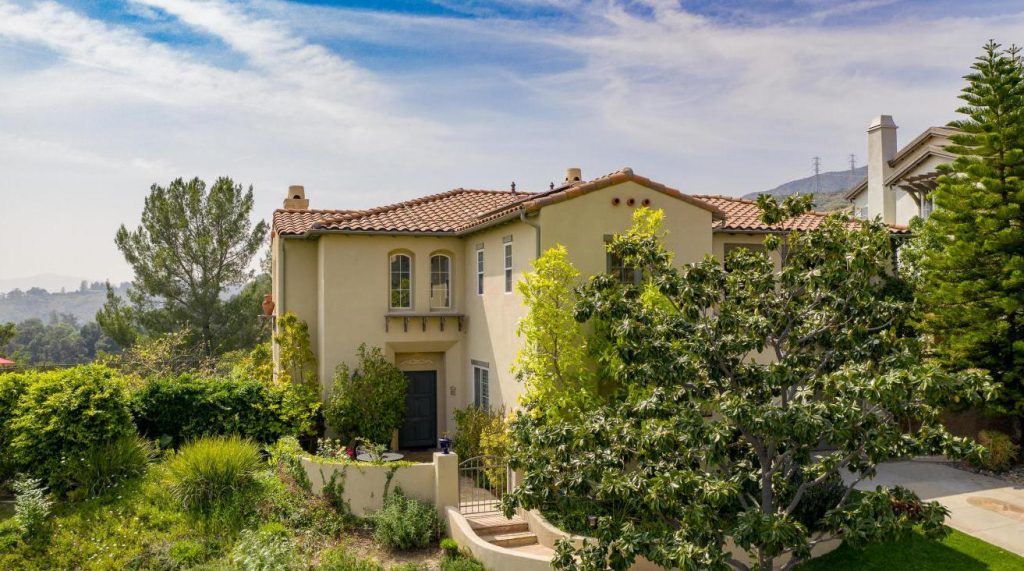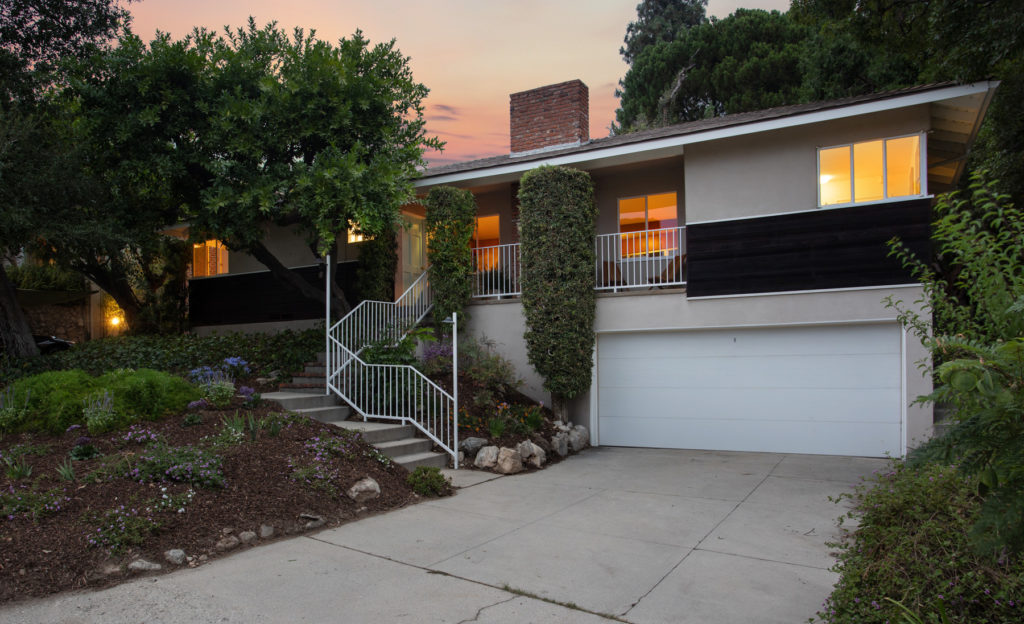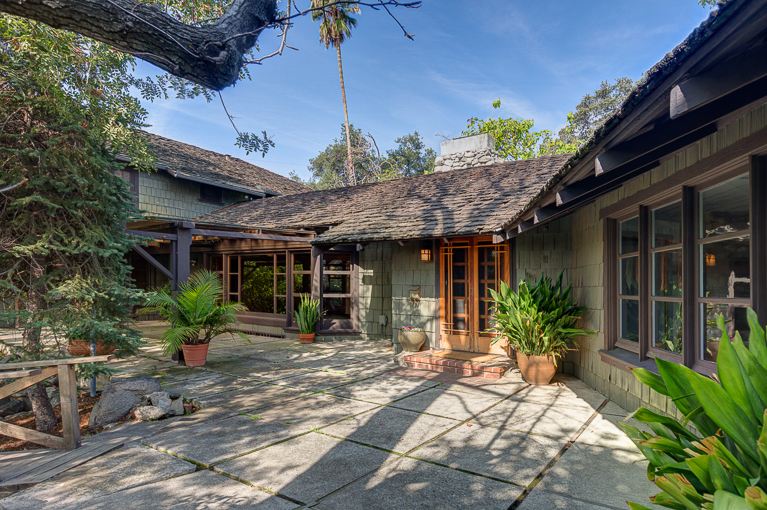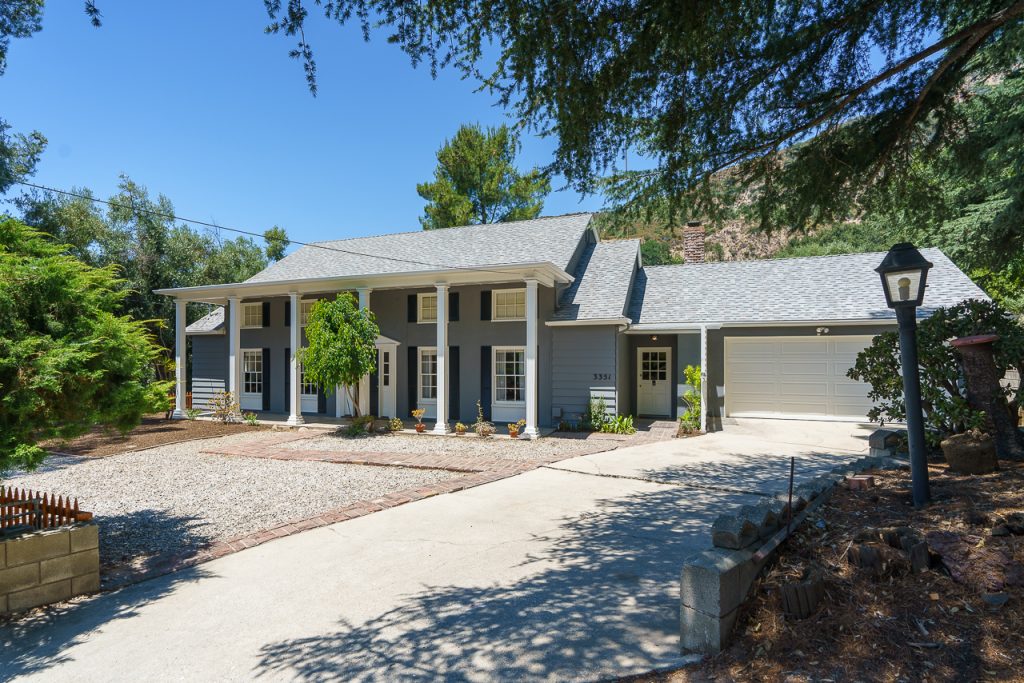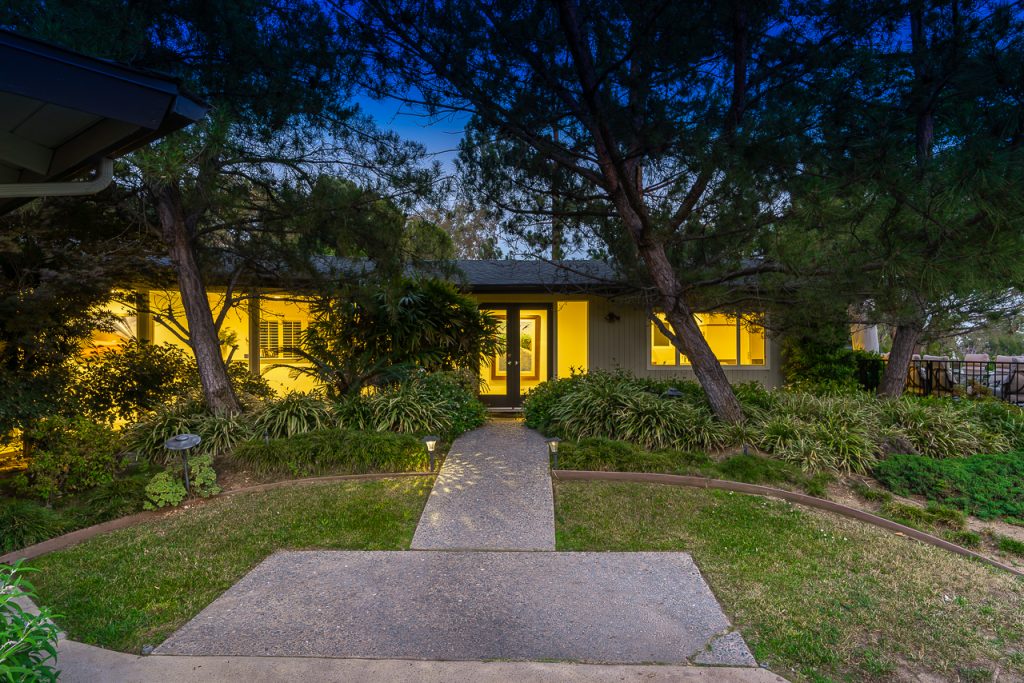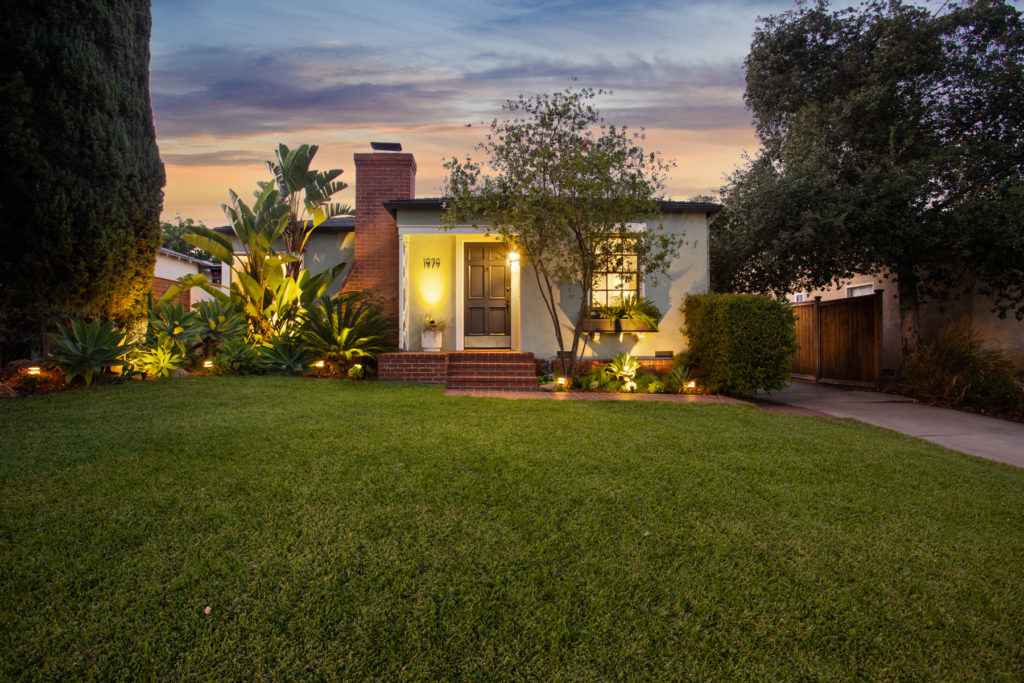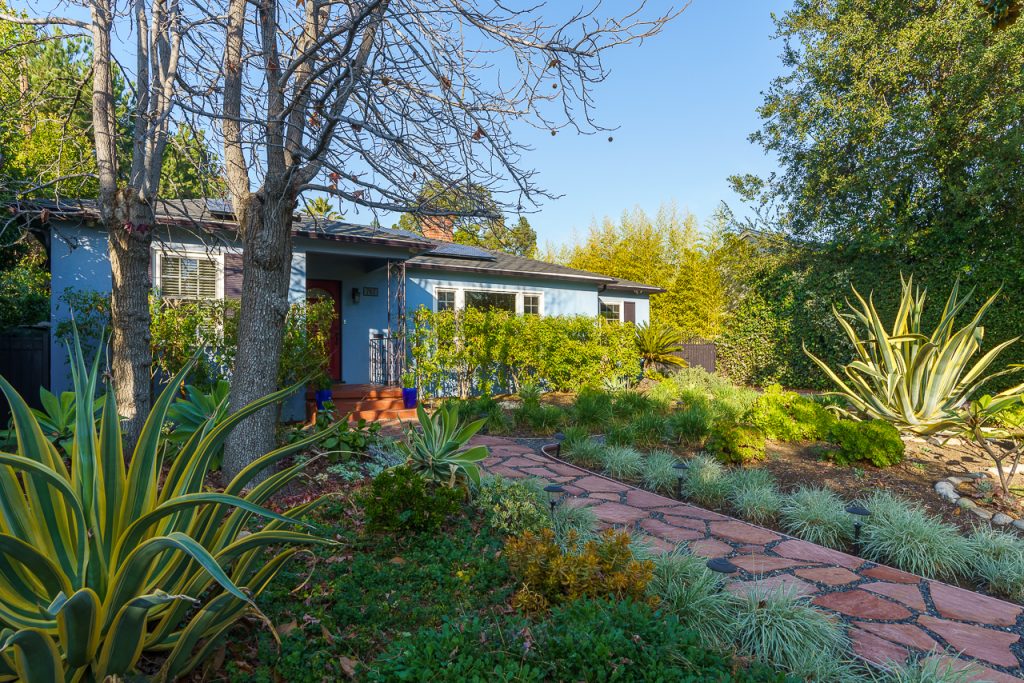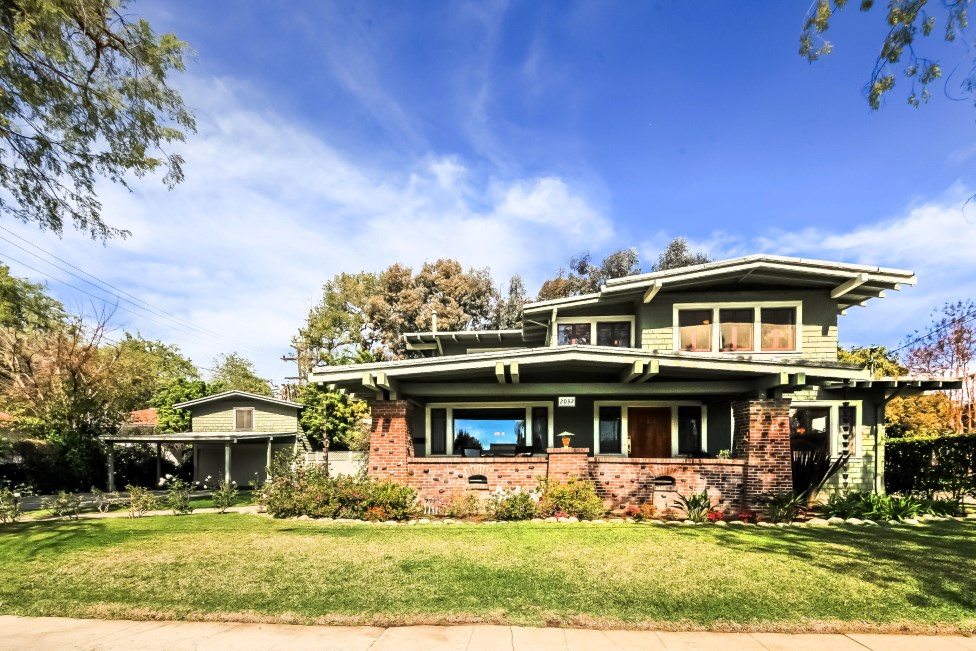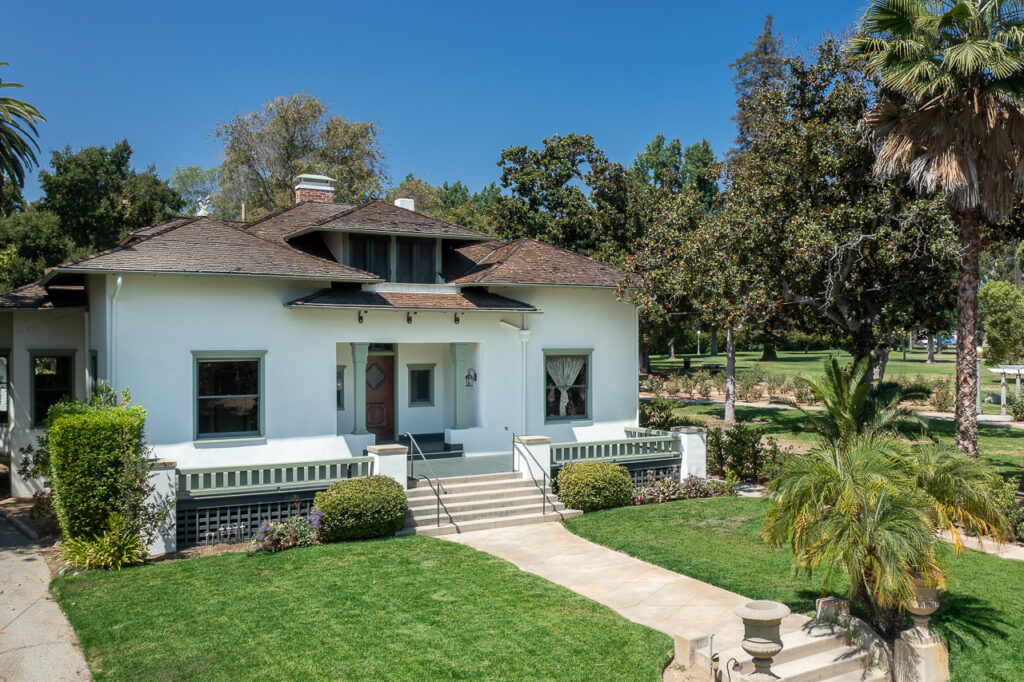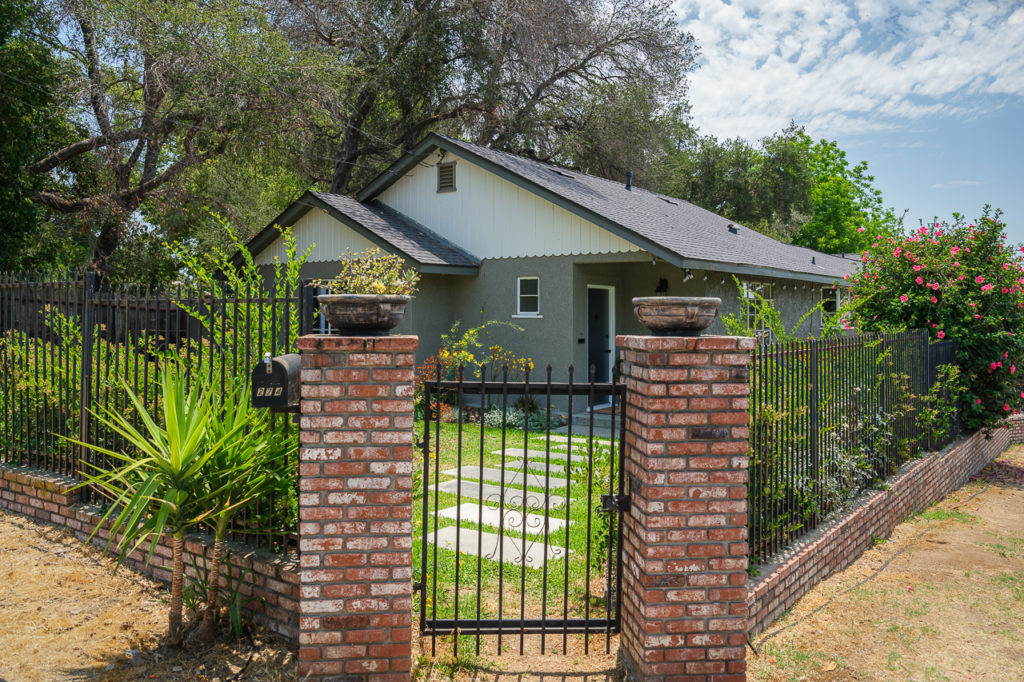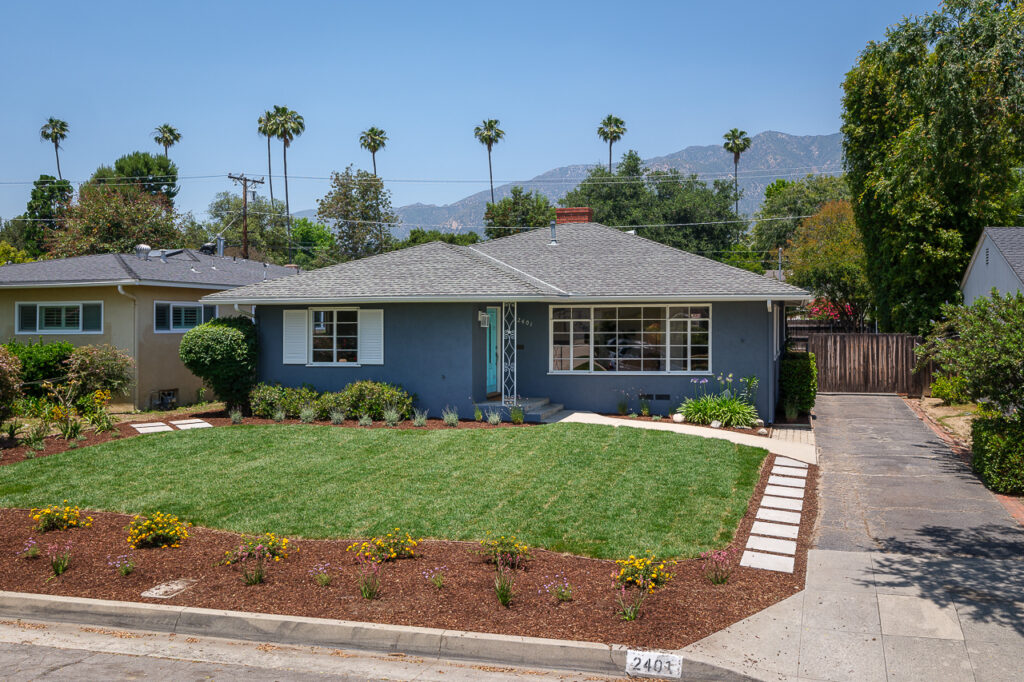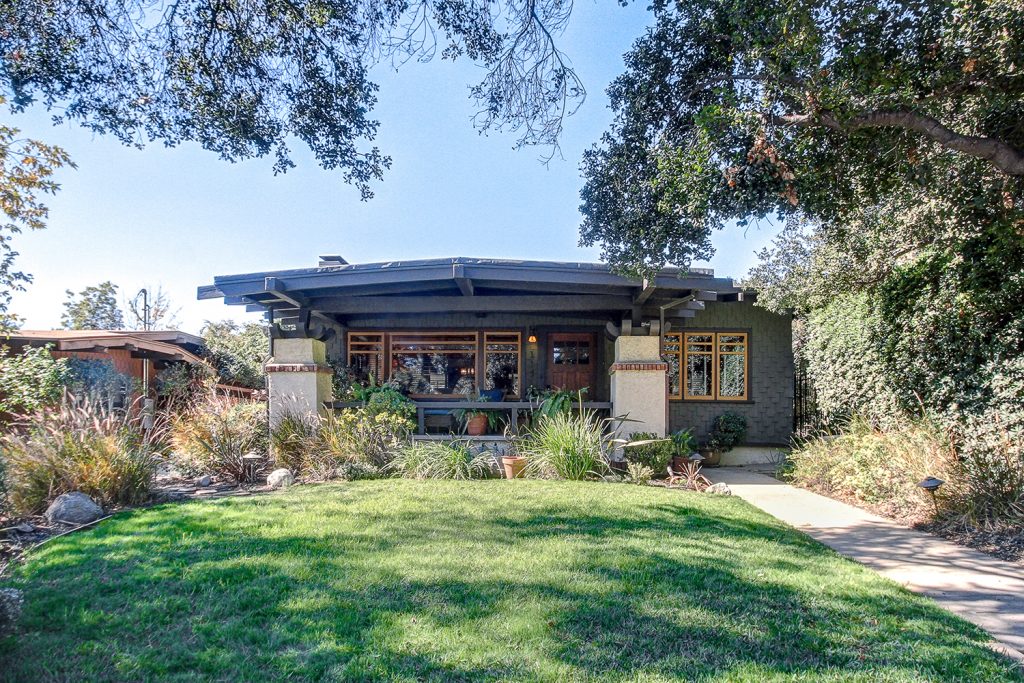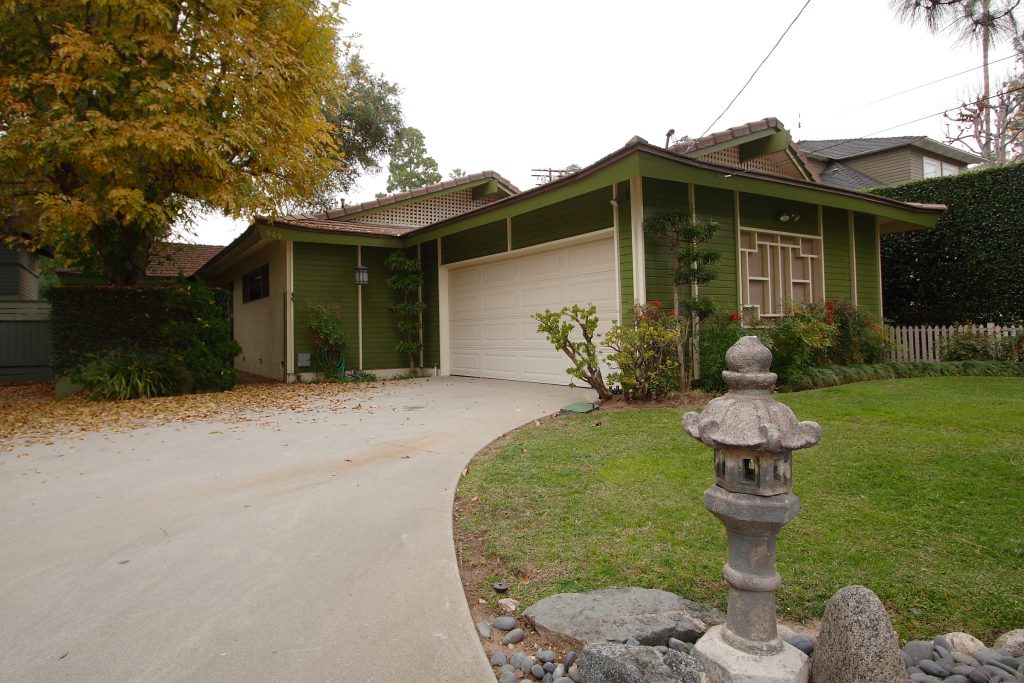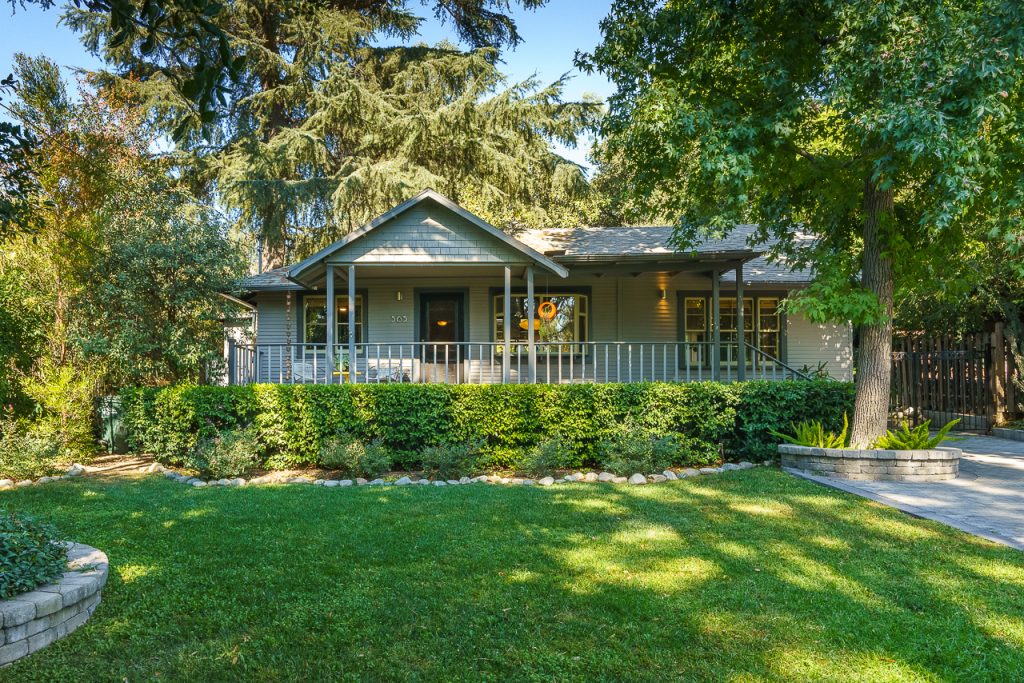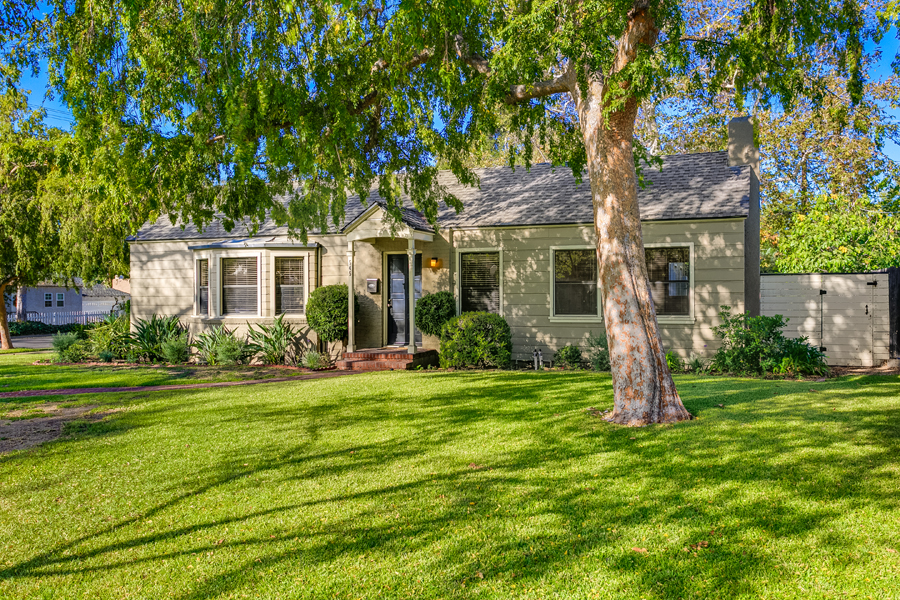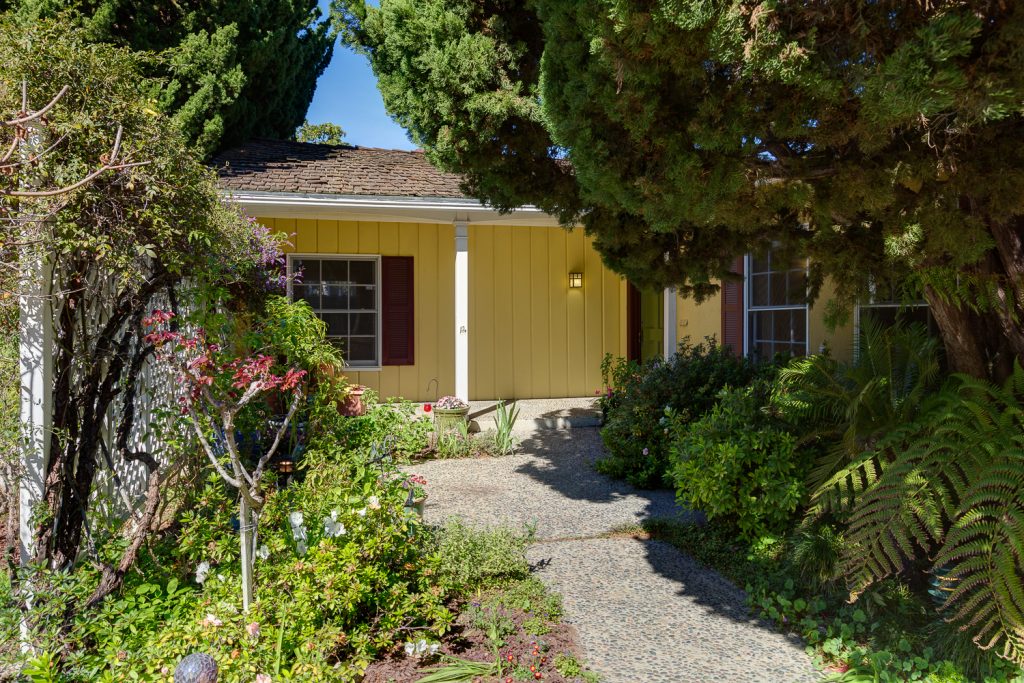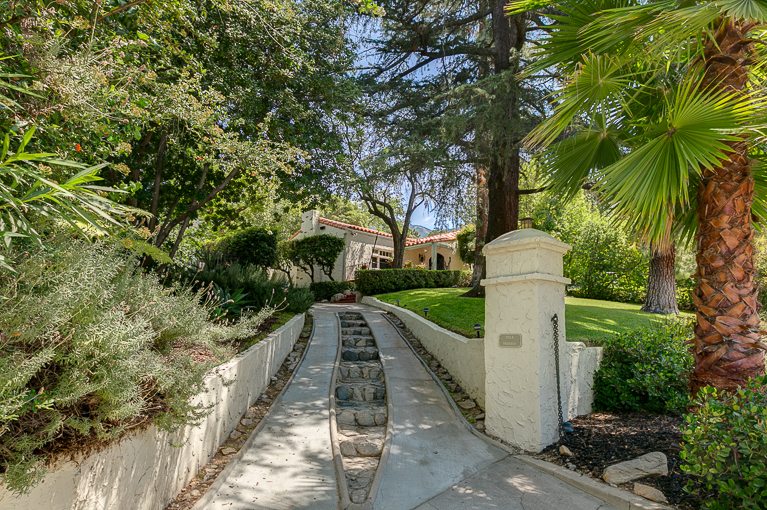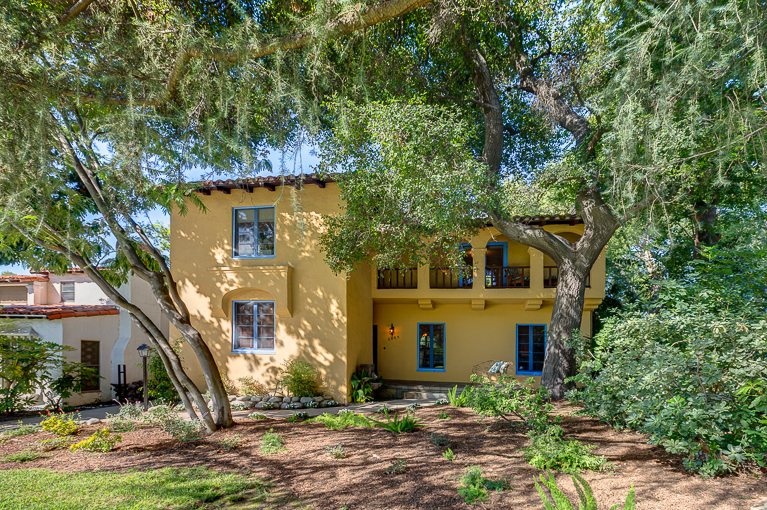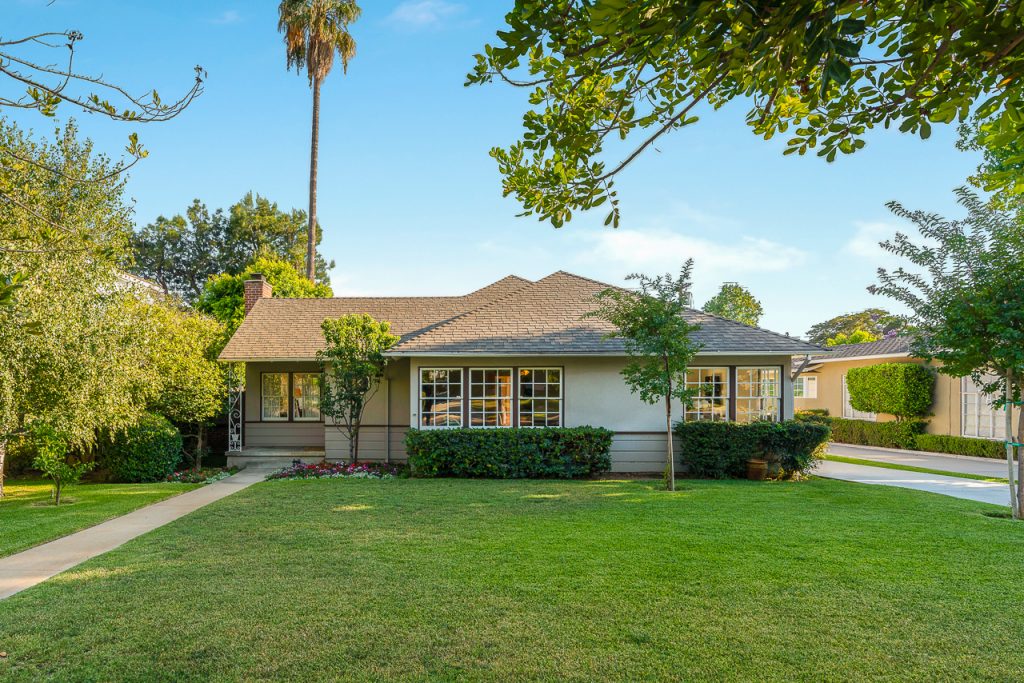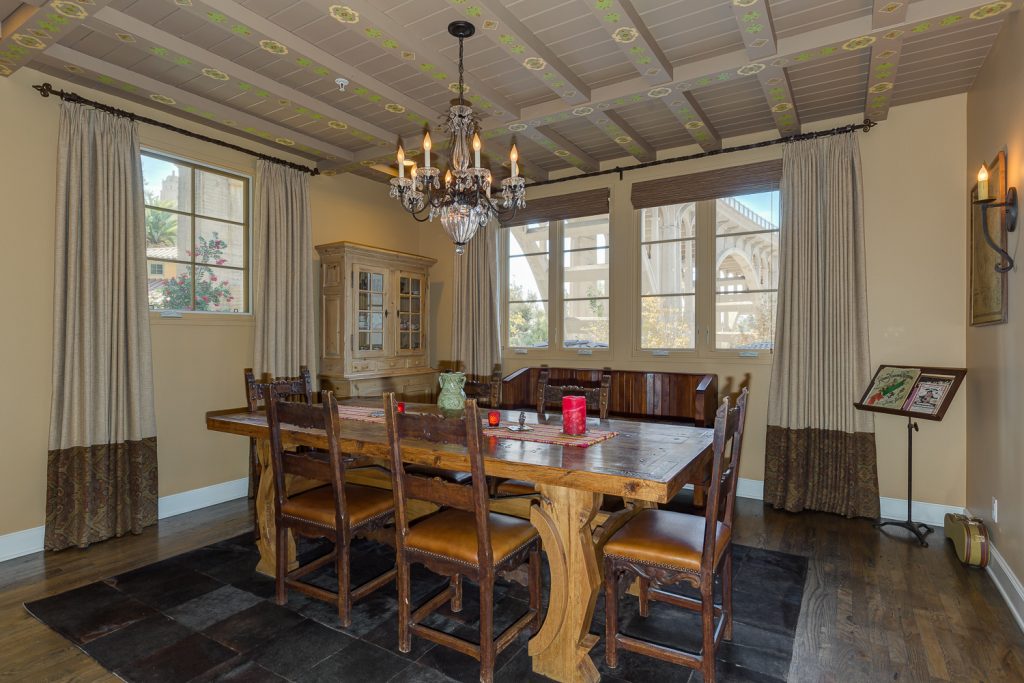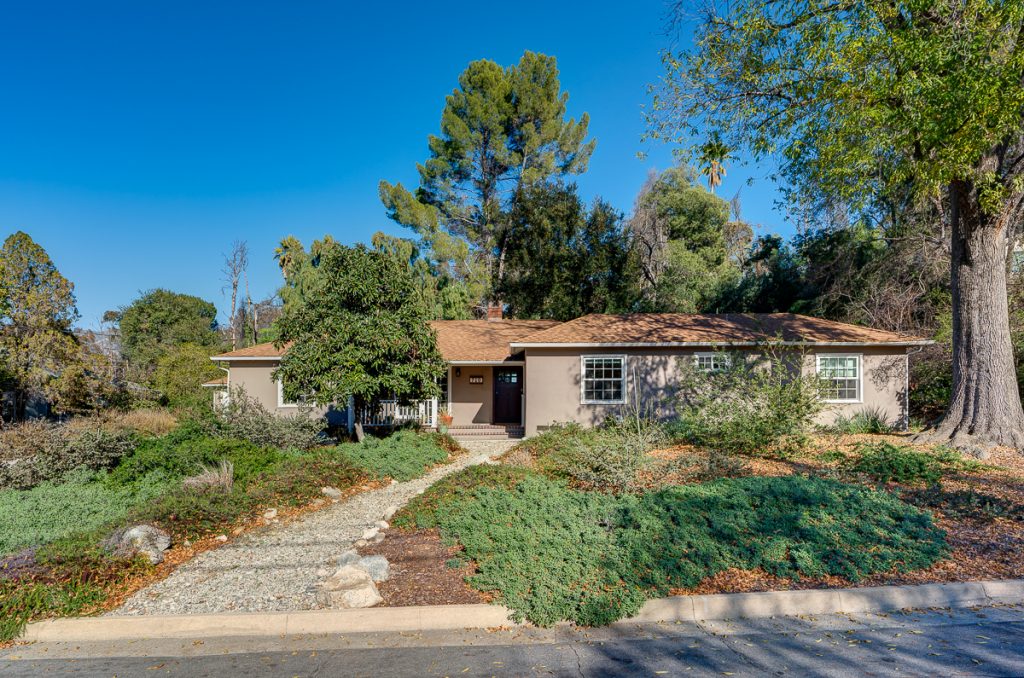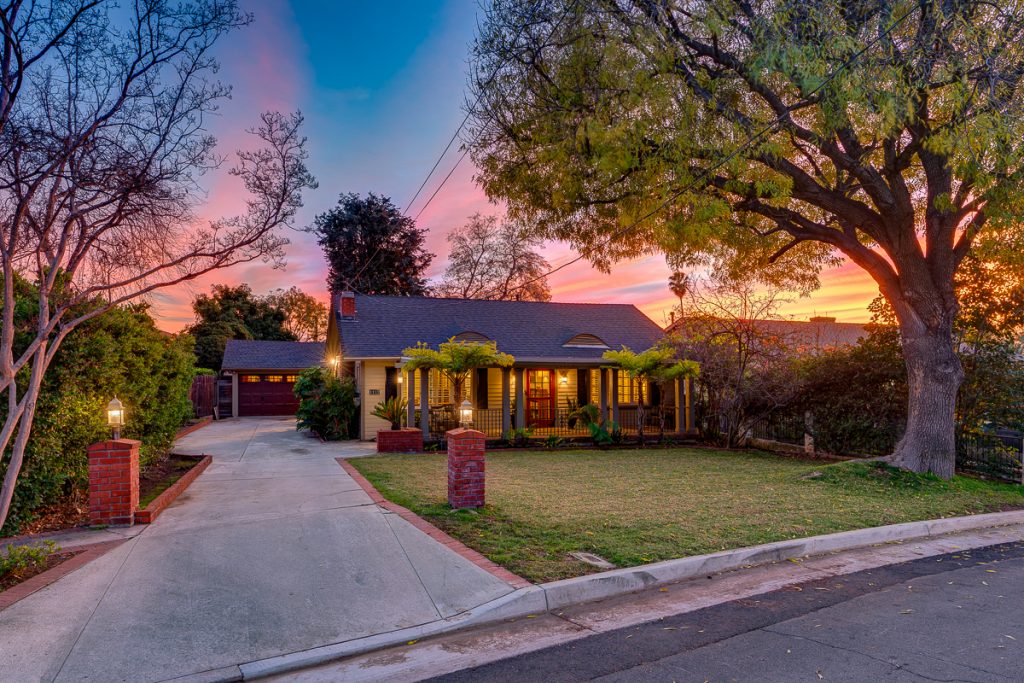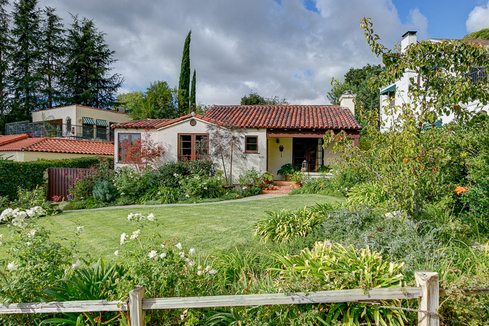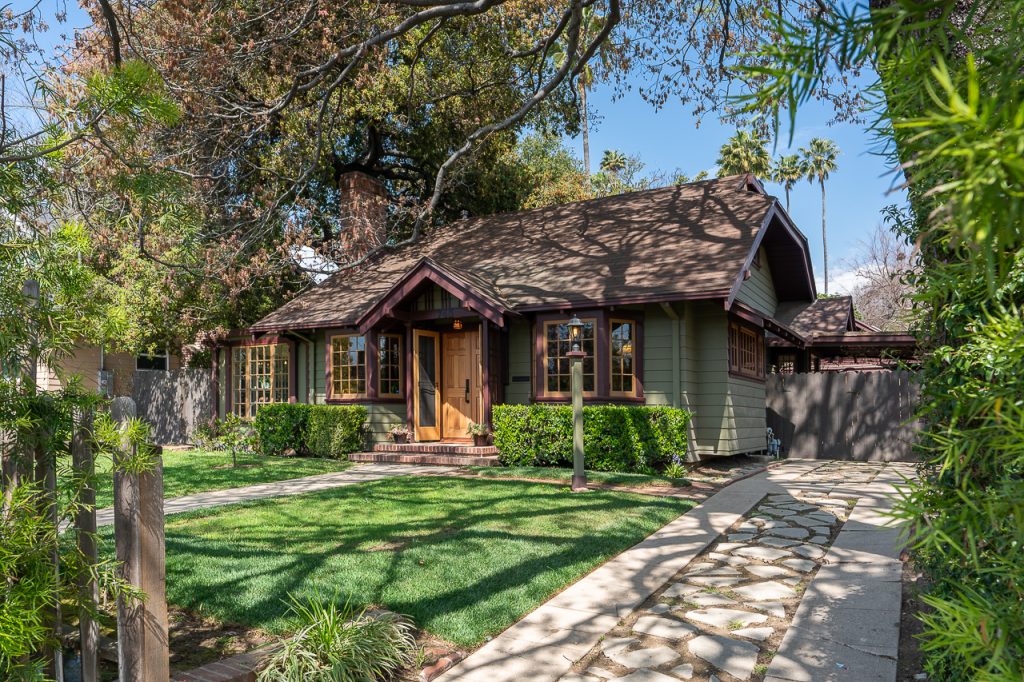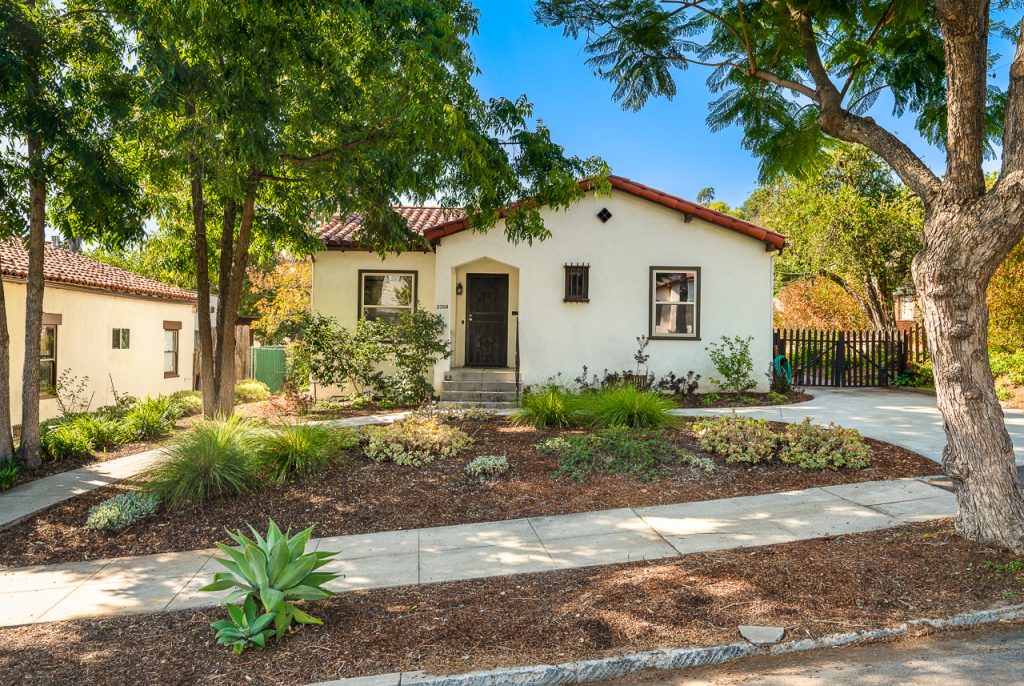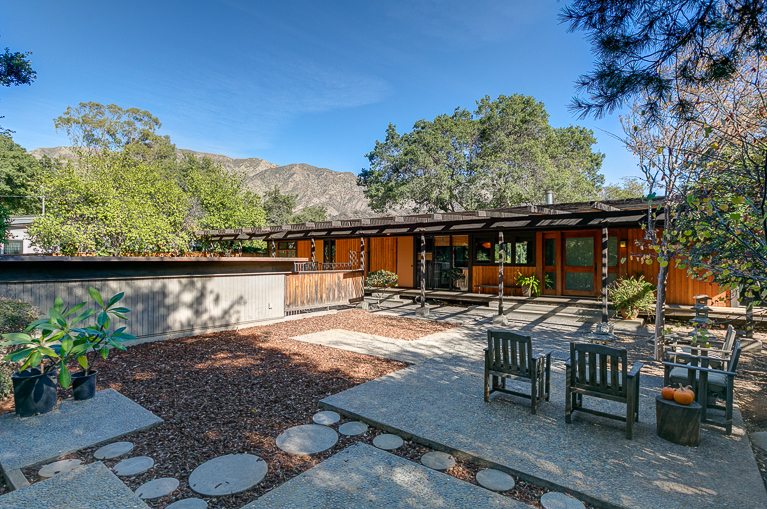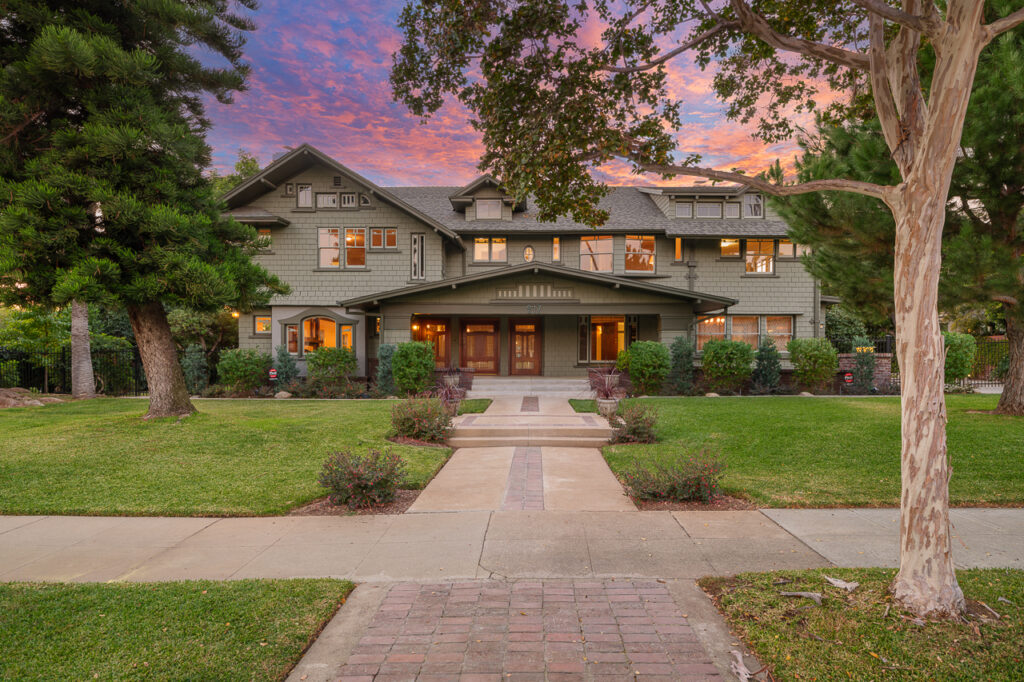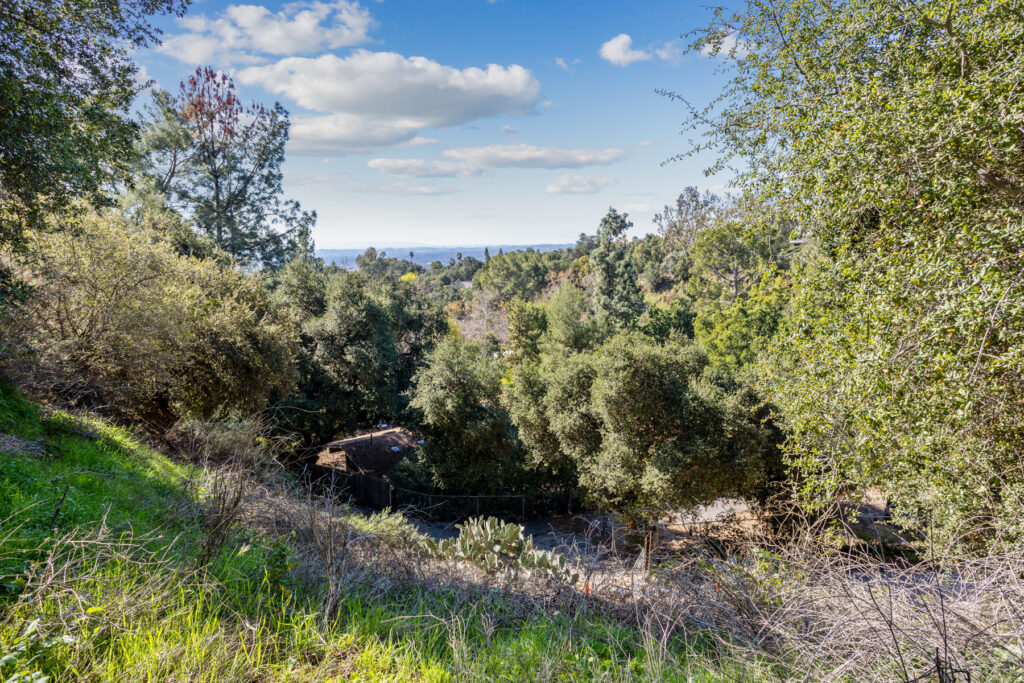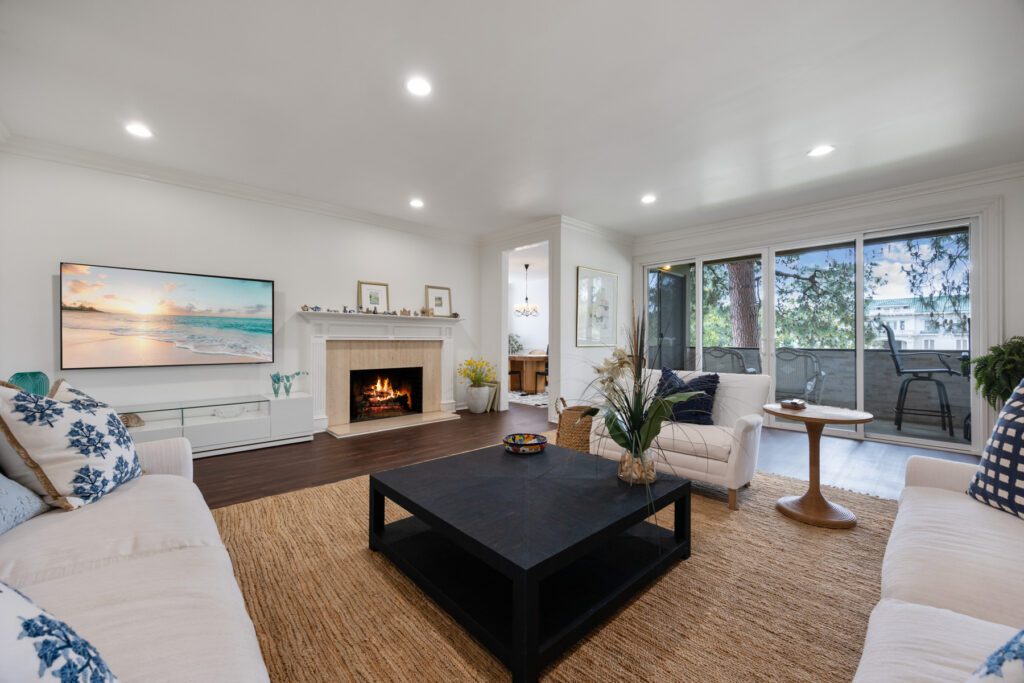Coldwell Banker
388 S. Lake Avenue,
Pasadena, CA 91101
office: 626.797.6500
Email: [email protected]
Housing Recovery After 2012, Consumers Say
Nearly 60 percent of Americans believe the housing market won’t recover until 2013 or later, according to a survey released Tuesday by Trulia.com and RealtyTrac.
Conducted Nov. 2-4, just before the midterm election, the survey of 2,034 adults also showed 49 percent are interested in buying a foreclosure home but 66 percent are worried about hidden costs.
The recovery has already taken place, 5 percent said, while 10 percent expect it to occur next year and 27 percent in 2012. The post-2012 recovery is predicted by 58 percent — 24 percent in 2013, 12 percent in 2014 and 22 percent in 2015 or later.
“More and more American homeowners, sellers and buyers are tamping down their expectations for a swift recovery in the housing market and bracing themselves for a long, slow climb back to a healthy real estate market,” said Pete Flint, cofounder and CEO of the Trulia.com realty website.
Mark Marquez, president of the San Diego Association of Realtors, agreed that the recovery may be two or three years away, but that San Diego might recover six months to a year sooner.
“San Diego has a history of being first in and first out,” Marquez said. “That being the case, I anticipate our economy probably recovers quicker than the national pace.”
Half of adults said they have less faith in mortgage lenders, banks and the government and another 35 percent believe the “robo-signing” issue will delay the housing market’s recovery. Some lenders recently acknowledged that they had not followed proper paperwork procedures in handling foreclosures and were halting foreclosure proceedings temporarily. The problem was not as pronounced in California.
The survey revealed that 48 percent of homeowners would consider walking away from their mortgage if it was higher than their home value, up from 41 percent in May. More men, 57 percent, than women, 40 percent, had that attitude.
If their mortgage becomes unaffordable, two-thirds said they would consider calling their lender to try and modify the loan. The next most popular action, held by 10 percent, would involve renting a room to a tenant to help cover the mortgage.
Rick Sharga, senior vice president of RealtyTrac which monitors the foreclosure market, said interest has grown in buying foreclosures since May, when the interest in buying foreclosures stood at 45 percent.
If they buy a foreclosure, two-thirds of respondents said they would expect to pay at least 30 percent less than a similar home that is not a foreclosure. Sharga said an average 32 percent discount on foreclosure properties has shown up in RealtyTrac findings.
“It seems like consumer expectations and market realities are beginning to align when it comes to foreclosure discounts,” Sharga said.
But the public also sees some downsides to buying foreclosures, the survey showed. Sixty-six percent worry about hidden costs, though that figure was two percentage points less than in May. The process is risky, 54 percent said, up from 49 percent in May, and 33 percent thought the home might lose value, about the same as 35 percent in May.
Marquez said in San Diego, hidden costs top foreclosure buyers’ concerns but that it is unlikely the value will drop or that the buying process will be riskier than any real estate transaction.
The survey results were not broken down by individual market areas.
